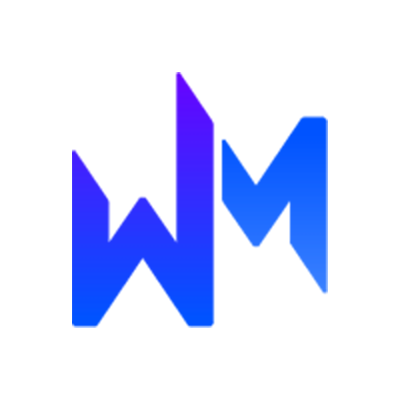If You Build It, They (Might) Come

Are Mobile Apps the Answer For Your Business?
You probably remember when the phrase "There's an app for that" caught on as a fun popculture slogan a few years ago.
But at the time, very few people could have predicted just how much of an impact those five words would have on the future of Web business.
In the four-and-a-half short years since the first iPhone was released, mobile apps have completely changed the way that many people use the Web. According to Flurry Analytics, the average mobile-device user spends 81 minutes per day using mobile applications.
That may not seem like much at first, except that the average time spent surfing the Web from both desktop and mobile browsers is 74 minutes per day. That means that users are spending 9 percent more time on mobile apps than they are on the actual Internet.
Below are some guidelines to follow if you determine that building a mobile app is the best course for your Web enterprise.
Identify your class
There are three basic app classifications that businesses can offer - entertainment, information and utility.
Entertainment apps, usually in the form of games, are pretty straightforward in their purpose. This is by far the most downloaded app category (see sidebar), and could make a lucrative option for many businesses.
Unfortunately, developing entertainment apps can be both difficult and expensive, and the practice is probably better suited for raising awareness than it is for generating immediate revenue.
Information applications, however, can work really well for certain brands, namely those already in content publishing. These types of apps can be useful for any company that has important and/or interesting information to share with its audience.
Finally, the broadest app category is the utility classification that exists to serve a specific function for both the brand and user. This can include anything from a mobile ecommerce solution to catalog apps to account management and much more, depending on the nature of the business and the goal of the app.
Know your solutions
Drag-and-drop app tools such as iBuildApp, TheAppBuilder and Tiggr enable users to select a template, customize the general design and create content within an app. But a better investment might be found in application frameworks that offer broader functionality and greater flexibility while also acting as excellent learning tools. Three worthy framework services include the following:
Appcelerator: Appcelerator's Titanium Mobile SDK (software development kit) works with more than 5,000 mobile devices and operating system APIs for native application creation using JavaScript, HTML5 and CSS. The platform also comes with access to the Open Mobile Marketplace, an Appcelerator marketplace where developers and ISVs can build upon Titanium's open, extensible architecture by publishing their own unique extensions, sample apps, graphic/ design elements or Web services that others can buy to enhance their own creations.
With an Apache 2 license, the platform is also able to be freely explored and customized. Most importantly, Titanium Mobile SDK gives users single APIs that work over a number of operating systems, mobile device designs and mobile browsers to give your app the broadest reach possible.
RhoMobile: Mobile application creation service RhoMobile offers a product called Rhodes that allows users to write native apps one time and then build them out for all smartphones. An open source, Ruby-based framework, Rhodes lets customers create true native device apps and comes with the support and service of Rho- Mobile's other app deployment services. But the real beauty of RhoMobile's offer is that users also have access to the company's unified business services.
RhoMobile has partnered with cloud platform service provider Heroku (a division of Salesforce) to leverage the growing cloud computing industry and expand on its services. After building an app with Rhodes, users can take advantage of Web 2.0-level scalability with RhoConnect to easily synchronize data; meaning they can install RhoConnect on their servers and integrate the information from any backend data source or custom application into the mobile app, all with no coding knowledge required.
Sencha: The free mobile HTML5-based application framework Sencha Touch 2 by Sencha is an alterative to the Appcelerator and Rho- Mobile offerings, as it allows users to build fast and visually stimulating applications that can rival native apps for iPhone, BlackBerry and Android.
Sencha Touch 2 focuses on providing the most userfriendly experience possible, including fluid animations and smooth scrolling by adapting to use the best scrolling mechanisms for each device. The platform also ensures a high frame rate - the speed that an image refreshes - across most compatible devices, which helps support rapid response, load and layout times (as well as near-instantaneous switching from landscape to portrait views) and access to Sencha SDK Tools, which give users the ability to cloak their Web apps to appear as native apps.
Spread the word
Having a mobile application, whether it's an entertainment, informational or utility app, can be a huge boon for your business in terms of driving awareness and deepening levels of consumer engagement. Depending on the nature of the app, it can also help drive conversions.
The three mobile application framework services previously mentioned, as well as the many other similar offerings on the Web, can give business owners the user-friendly development experience they need while also allowing them to build highly functional and flexible apps for consumers.
In the end, the most important thing is to have a good idea that helps a company connect with users and gets them to use an app that will ensure more attention paid to your brand.









